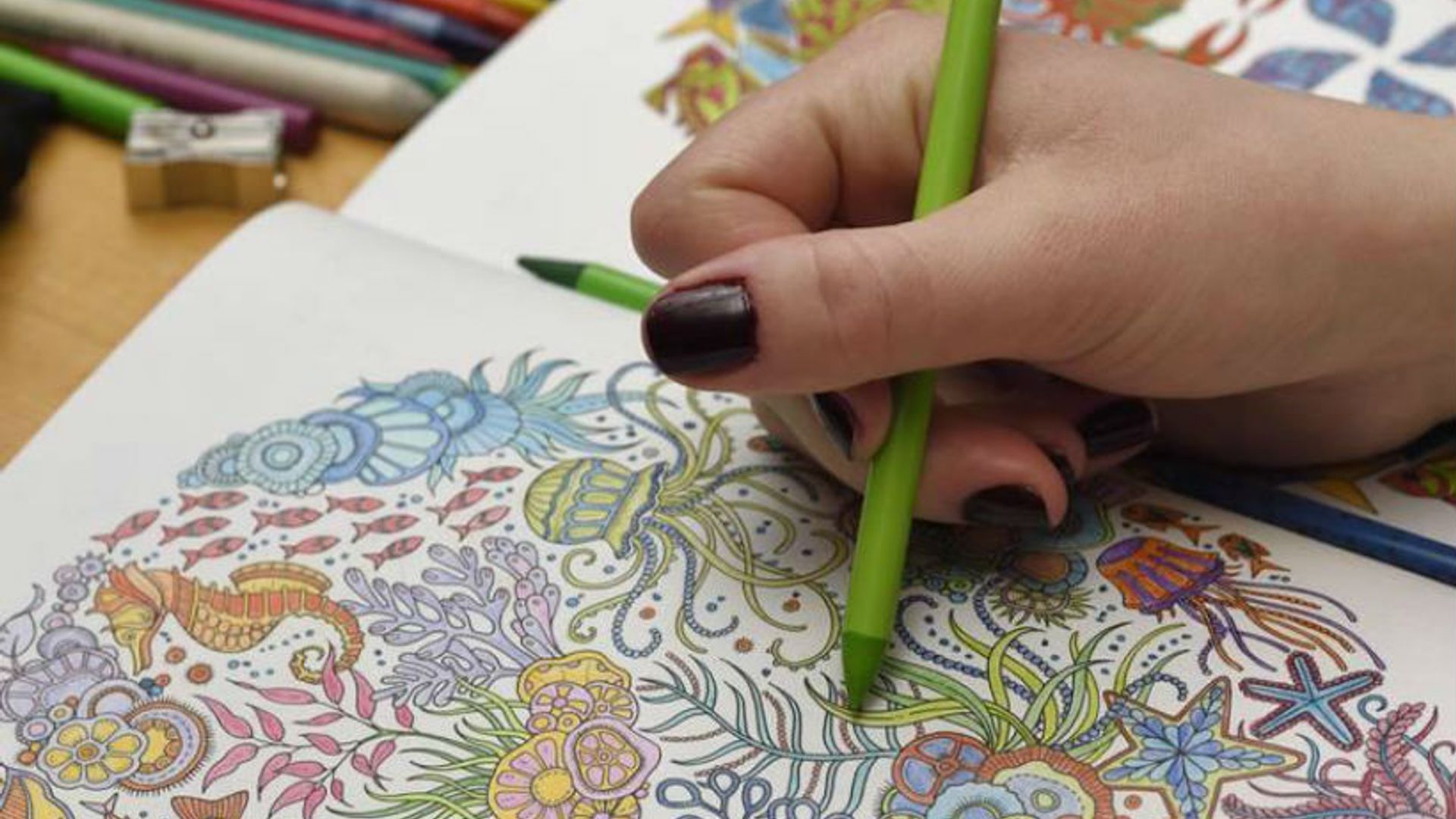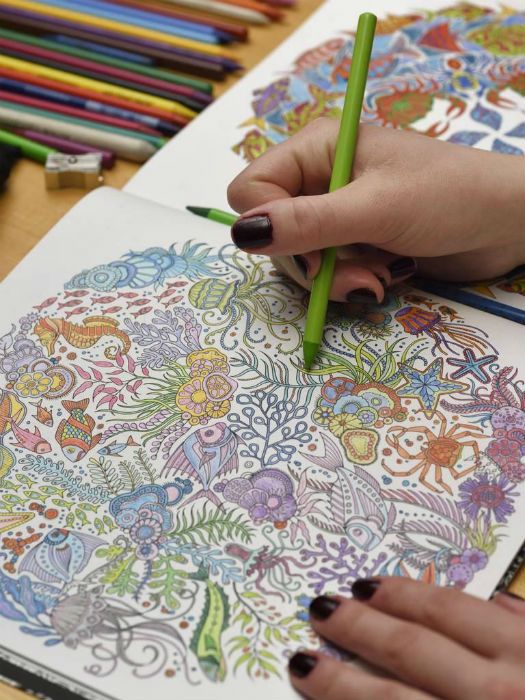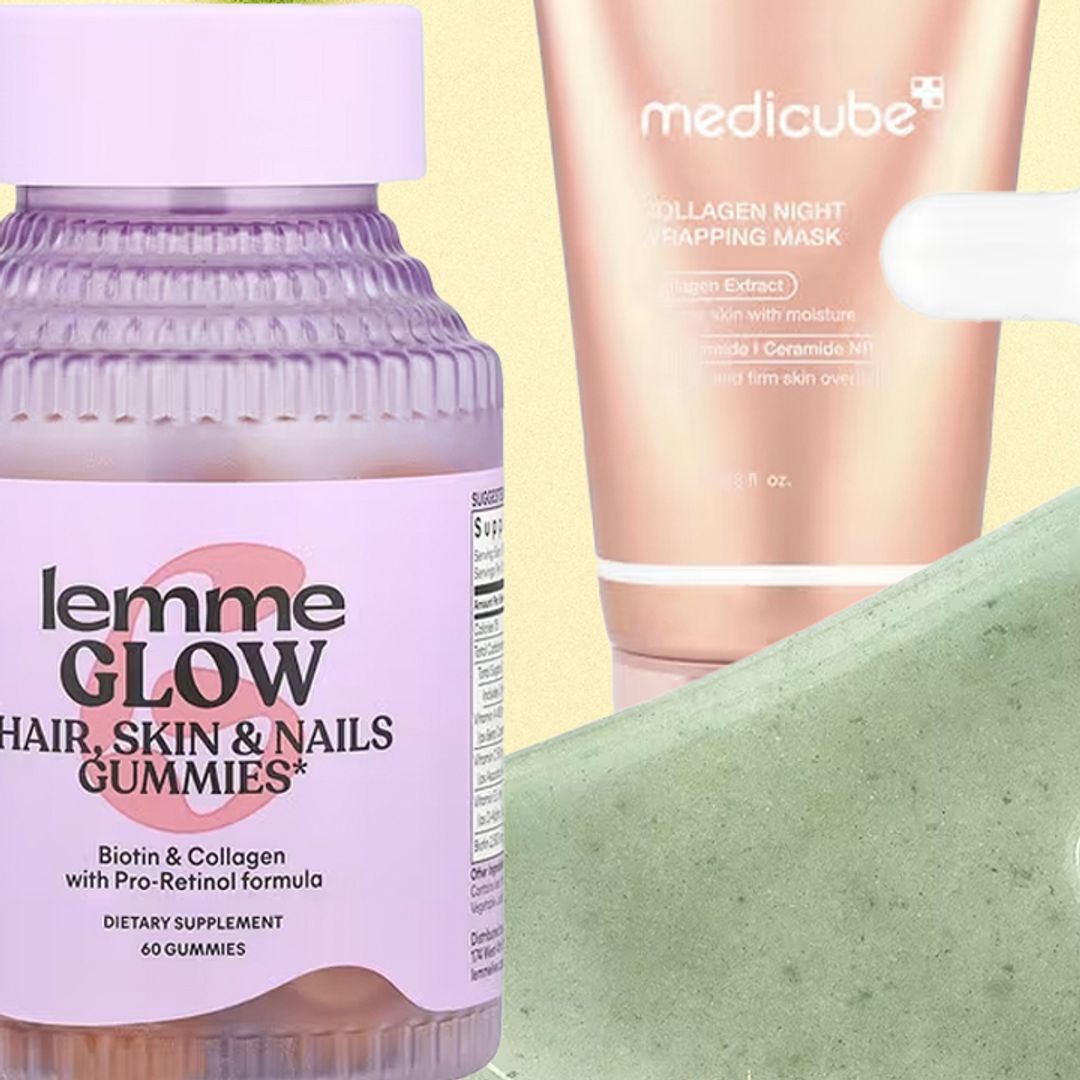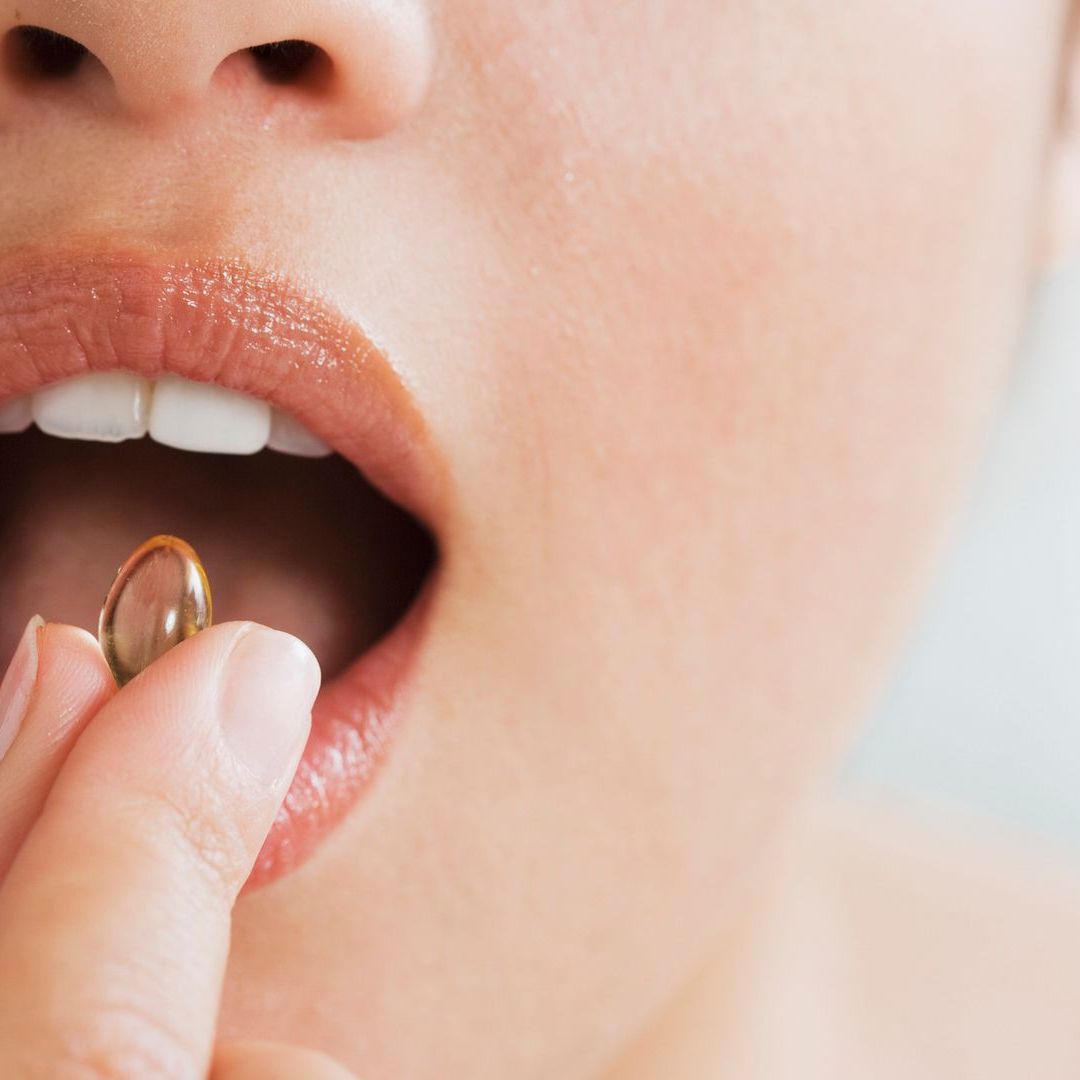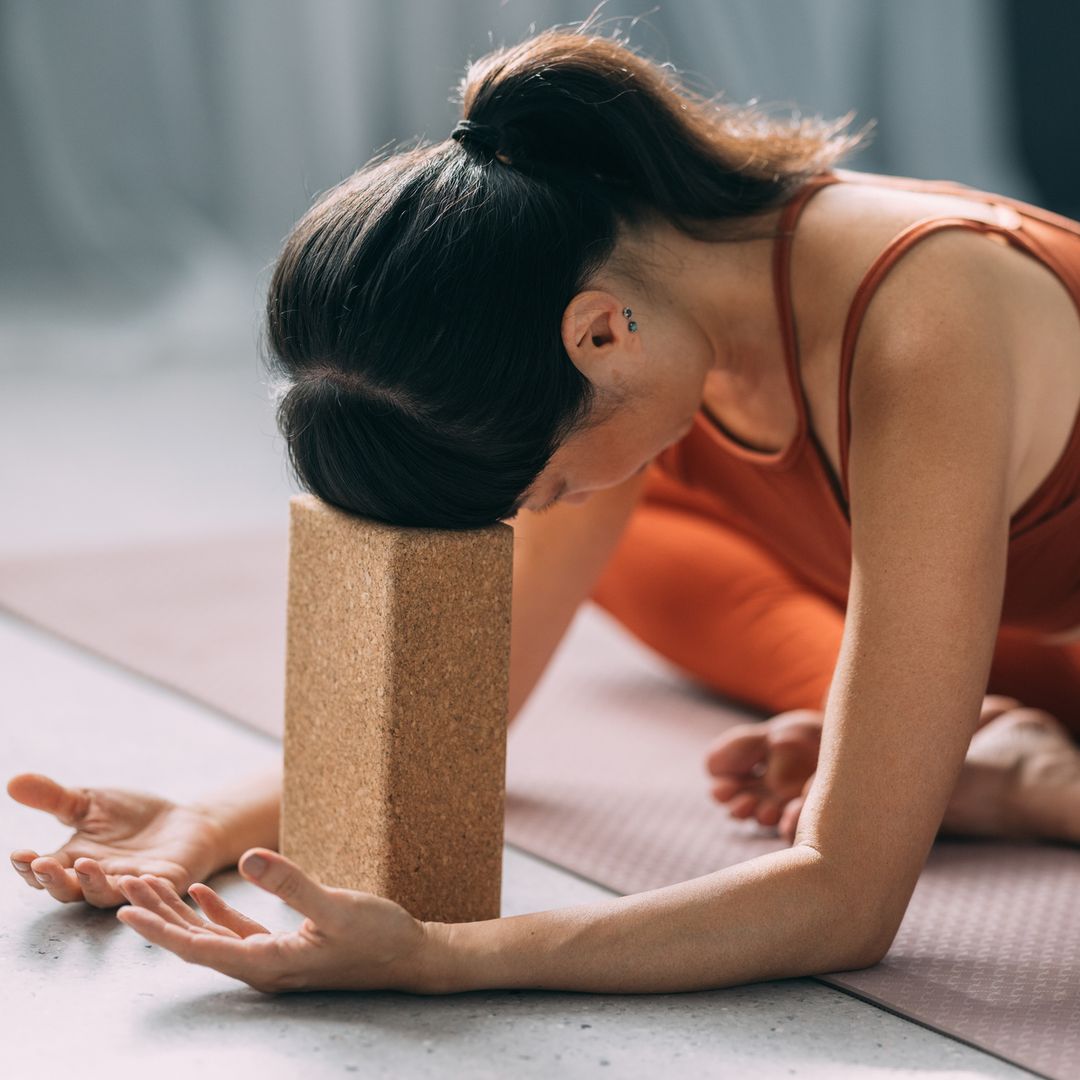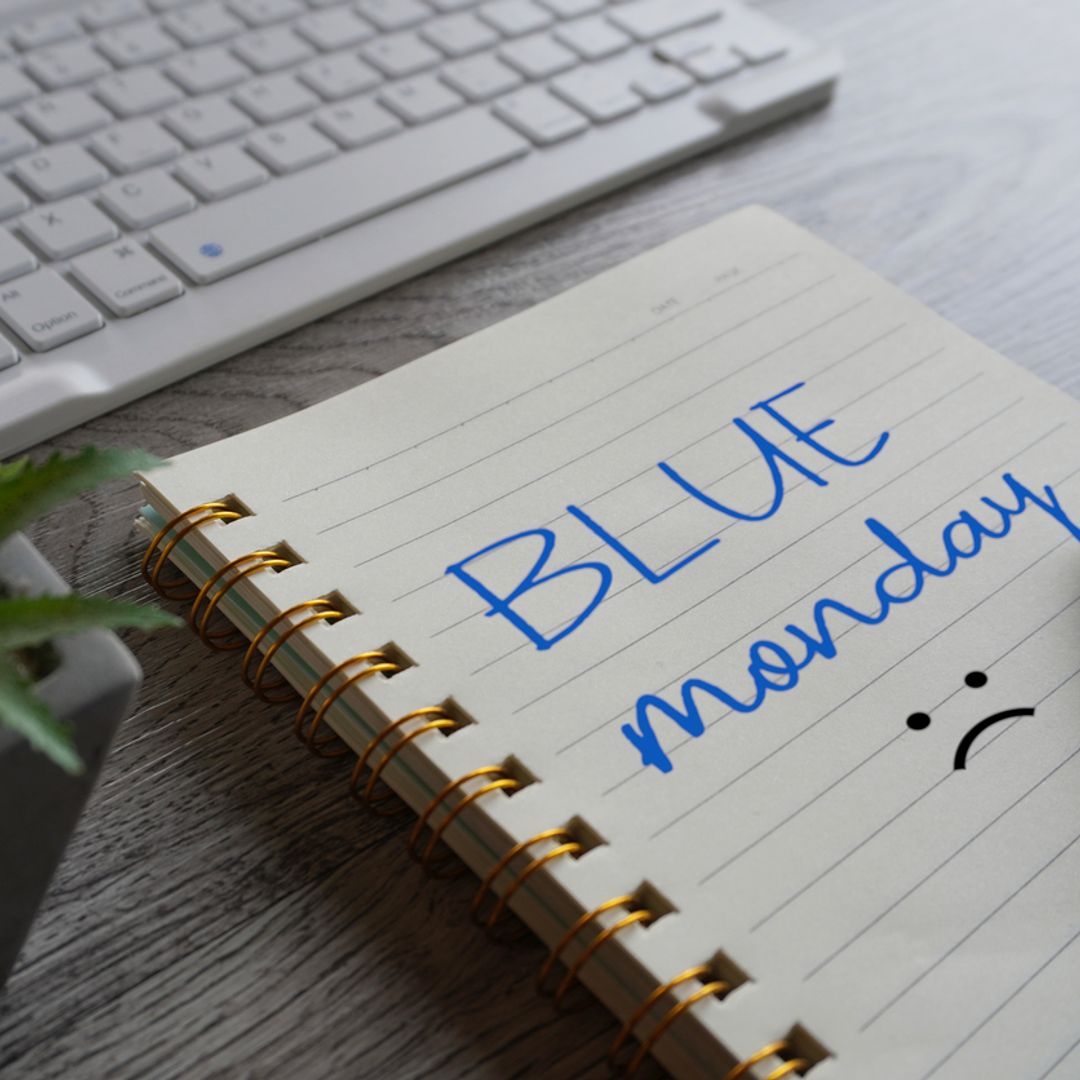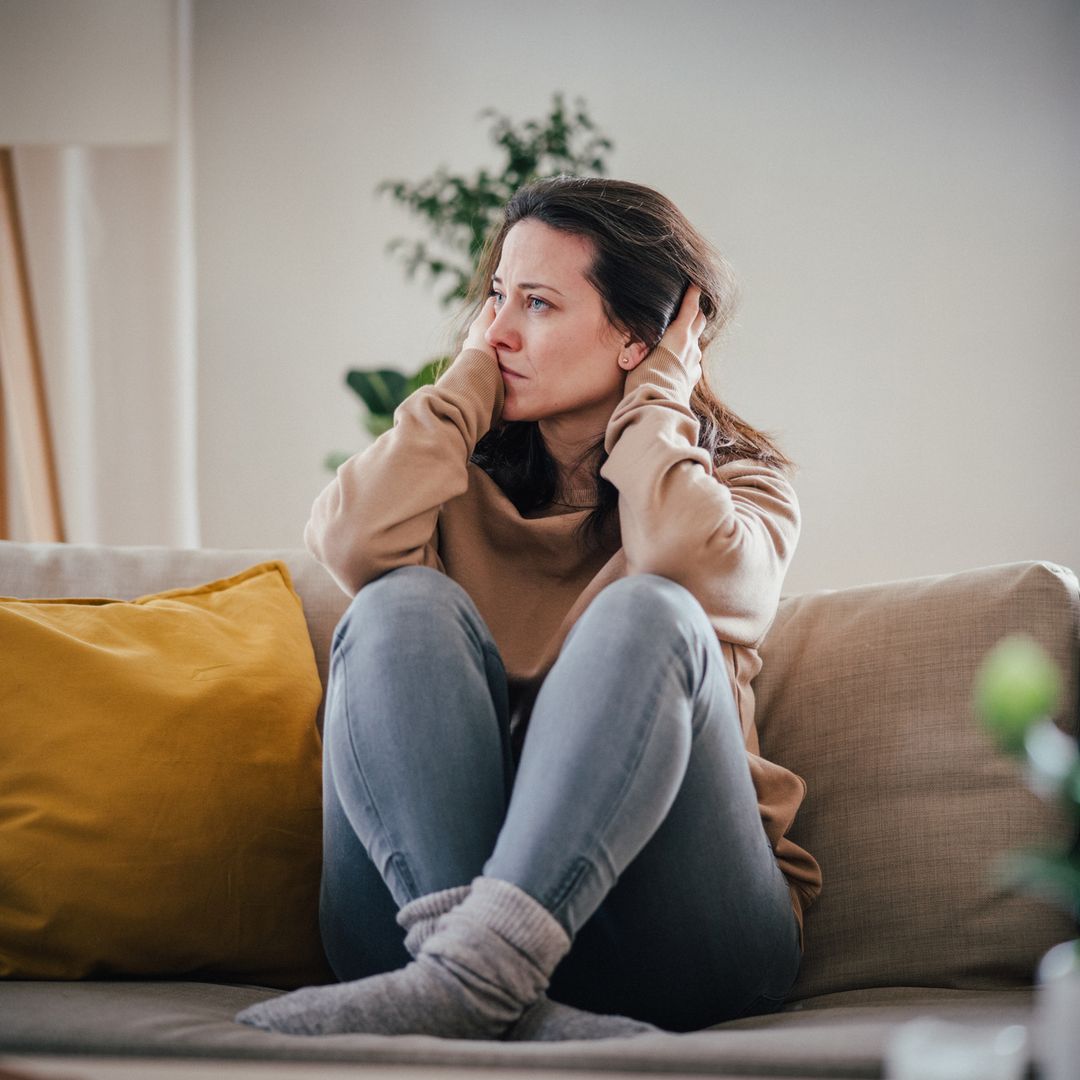Colouring-in may benefit the mental health of adults, researchers claim. Colouring books designed for adults are all the rage at the moment, with titles such as Secret Garden: An Inky Treasure Hunt and Colouring Book by Johanna Basford becoming one of the best-selling titles on Amazon. Other doodling books feature Japanese patterns and mandala-style motifs, with academics at the University of Otago in New Zealand now finding that daily colouring can improve some negative psychological conditions and may be an effective, inexpensive and accessible self-help tool.
The researchers tested 115 women aged between 18 to 36, with each participant randomly assigned either a booklet containing 10 pictures for colouring or a booklet of puzzles, such as logic puzzles, Sudoku and word searches.
STORY: Are Christmas songs bad for our health?
Colouring-in can benefit your mental health claims new study
Participants were asked to complete an inventory of their psychological wellbeing in terms of depressive symptoms, stress, anxiety, resilience and mindfulness. After a week of either colouring-in or completing logic puzzles for 10 minutes a day, the groups were asked once again to fill in the psychological inventory.
"Following that week of colouring-in, but not puzzling, participants reported lower levels of depressive symptoms and anxiety," joint study author Dr. Celia Lie said. "Those who coloured-in showed a small increase in mindfulness, although the same was also true of those who completed logic puzzles. That suggests mindfulness is not the driving factor behind the improvements to depressive symptoms and anxiety in the colouring-in group."
STORY: Are you allergic to alcohol?
Fellow researcher Dr. Tamlin Conner added that the research findings mark an important first step in understanding the psychological benefits of colouring-in. She stated that colouring-in may soon be considered a within the same creative categories as gardening or gourmet cooking.
"With its low risk and accessibility, we feel comfortable adding colouring-in to the growing list of creative activities for improving mental health outcomes," she shared. The full study has been published in the Creativity Research Journal.
See latest health features here
